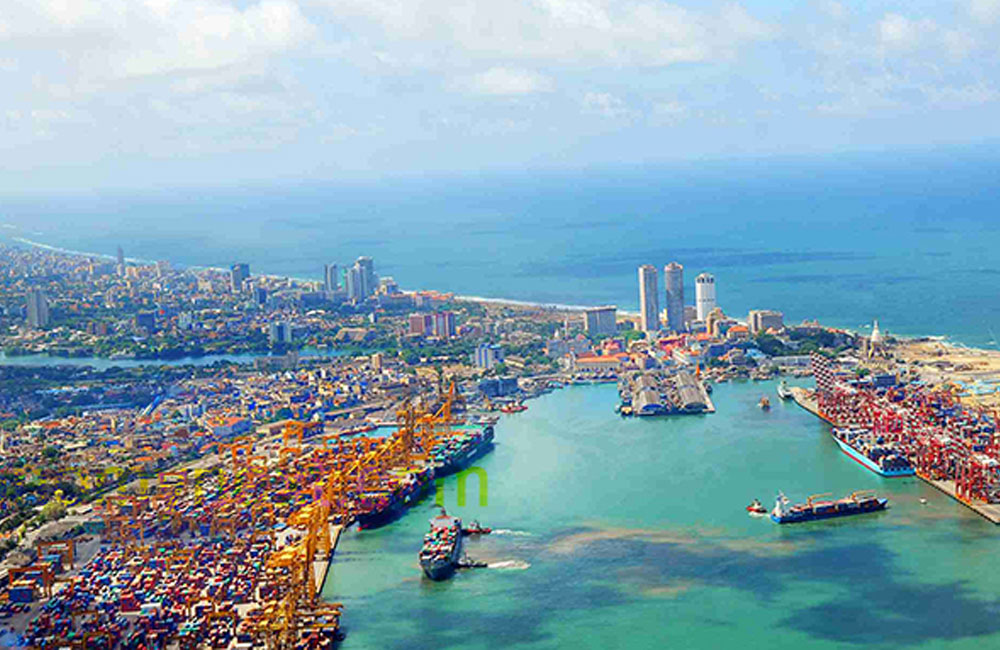Colombo port terminal deal has swung towards India way , following the Sri Lanka government’s decision to offer the West Container Terminal (WCT) instead of the East Terminal amidst massive countrywide protests.
In a bizarre turn of events, the West Container Terminal (WCT) of the Colombo Port is approved to be developed as a Public-Private Limited Company.
The new deal of the project has been made in partnership with India’s Adani Ports and Special Economic Zone Limited (APSEZ Consortium) along with its local representative John Keells Holding PLC (APSEZ Consortium), and Sri Lanka Ports Authority (SLPA).
This has turned the entire episode upside down as earlier India was keen to get the project with three partners in the ratio of 51% for the Sri Lanka Port Authority (SLPA) and India & Japan sharing the remaining 49%.
Japan has pledged a soft loan of USD 500 million for 40 years at an interest rate of 0.1% and India was expected to implement the project.
The reason for breaking the pledge on this deal was that the trade unions in Sri Lanka were vehemently opposed to allowing the ECT to be developed by foreigners.
Sri Lanka, on the other hand, has been eager to keep relying on Colombo for transshipment but not allowing developing its own hub port.
The Government has resorted to the best way to achieve this aim by offering attractive terms for India to invest in the WCT so that the preeminence of the port of Colombo in the area remains unchallenged, official sources said.
On February 01, the Cabinet decided to develop the WCT as a Public-Private Limited Company in collaboration with the SLPA and parties nominated by Indian and Japanese governments.
Accordingly, the Build, Operate, and Transfer Plan approved by a Cabinet Appointed Negotiation Committee had been forwarded to the High Commission of India and Embassy of Japan to nominate investors.
Subsequently, proposals by the Adani Group and Special Economic Zone Limited (APSEZ Consortium) were approved by the Indian High Commission. However, no investor has been named by the Japanese government.
The Cabinet Appointed Negotiation Committee presented their recommendations based on the discussions held with the two parties and the Cabinet approved the proposal put forward by the Ports Minister.
The terminal will be developed on a 35-year Build, Operate, and Transfer basis with the aforementioned stakeholders.

Leave your comments
Login to post a comment
Post comment as a guest